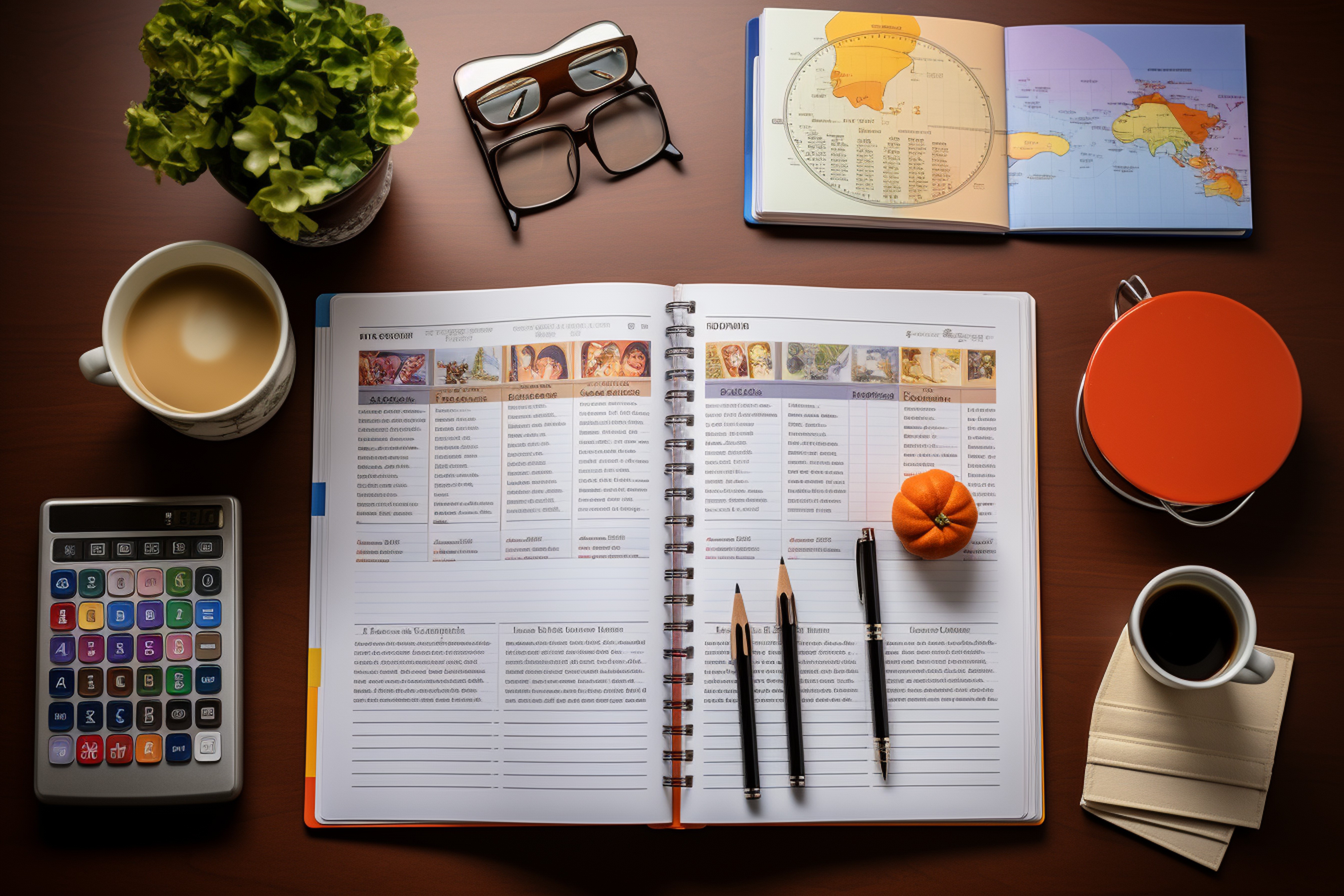Master Your Study Sessions: The Ultimate Guide to Study Success
Dec-10-2024

Studying effectively is a skill that anyone can master with the right strategies and mindset. Whether you’re preparing for exams, tackling assignments, or striving to stay ahead, a structured approach can transform your study sessions. This guide will help you maximize your learning potential and achieve academic success.
1. Set Clear Goals for Every Session
Before you dive into your study material, define what you aim to accomplish. Breaking your study goals into smaller, manageable tasks makes it easier to stay focused and measure progress.
Example:
- Instead of “Study history,” set a goal like “Review the causes of World War II and summarize key points.”
2. Create a Distraction-Free Environment
Your environment plays a huge role in your ability to concentrate. Choose a quiet, comfortable space and eliminate distractions like notifications, unnecessary gadgets, or clutter.
Pro Tip: Use apps like Focus@Will or ambient noise tools to maintain concentration.
3. Use the Pomodoro Technique
The Pomodoro Technique involves studying for 25 minutes and taking a 5-minute break. After completing four sessions, take a longer break (15–30 minutes). This method prevents burnout and enhances focus.
4. Embrace Active Learning
Active learning involves engaging with the material rather than passively reading or listening. Techniques like summarizing, questioning, and teaching others are proven to improve retention.
Try This:
- Summarize a chapter in your own words.
- Quiz yourself or a friend on key concepts.
5. Leverage Visual Aids and Mind Maps
Visual aids, such as diagrams, charts, and mind maps, help you understand complex topics and see connections between ideas.
Example: Create a mind map to connect themes in literature or steps in a scientific process.
6. Stay Organized with a Study Plan
Plan your study sessions in advance. Use a calendar or app to block specific times for each subject or topic. Regular revision keeps information fresh and prevents last-minute cramming.
7. Practice Self-Testing
Testing yourself regularly improves memory recall and highlights areas where you need improvement. Use flashcards, online quizzes, or past papers to challenge yourself.
8. Prioritize Health and Well-Being
Physical and mental health significantly impact academic performance. Ensure you’re:
- Getting 7–8 hours of sleep.
- Staying hydrated and eating nutritious meals.
- Incorporating exercise or relaxation techniques into your daily routine.
9. Seek Help When Needed
Don’t hesitate to ask for help if you’re struggling with a topic. Join study groups, consult teachers, or use online resources like Khan Academy or Quizlet.
10. Reflect and Adjust
At the end of each week, reflect on your progress. Ask yourself:
- What worked well?
- What needs improvement?
Adjust your study techniques accordingly to keep improving.

Conclusion Mastering your study sessions is about adopting strategies that work for you, maintaining consistency, and balancing academics with self-care. By following these tips, you’ll not only enhance your learning experience but also build habits that lead to long-term success. Now it’s your turn! Start implementing these strategies today and see the difference they make in your academic journey. Remember, success is not just about studying harder—it’s about studying smarter!

44/9 Haque Tower(2nd floor) Panthopoth (Opposite Somorita Hospital), Dhaka!
Contact : +880 1896-042990, +880 1894-935762
Email: info@uiecglobal.com




